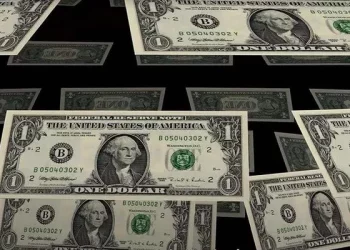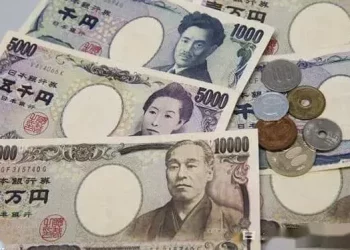In the Asian session on Thursday, the EUR/GBP pair recovered recent losses, trading higher around 0.8570. The reversal followed remarks by Swati Dhingra, a Bank of England (BoE) member, who warned of potential increased living costs and a severe economic downturn if interest rate cuts are delayed.
Dhingra’s argument in favor of implementing rate cuts echoed throughout the market after BoE Governor Andrew Bailey addressed the UK Parliament, acknowledging the rapid decline in inflation. Bailey emphasized that the central bank does not require a definite return of inflation to target levels before considering interest rate cuts. Furthermore, BoE Deputy Governor Ben Broadbent highlighted that wage growth and services inflation surpass the rate, aligning with sustainable inflation at 2%.
The Euro, under pressure amidst reduced expectations for early global interest rate cuts, found some support with China’s decision to decrease its five-year Loan Prime Rate by 25 basis points, aiming to bolster its economy. This move is particularly relevant for the Eurozone, given its significant exports to China.
Despite market caution, the Eurozone witnessed positive economic indicators, with the ECB Current Account improving in December compared to the previous month. Additionally, ECB Negotiated Wage Rates (QoQ) increased in the fourth quarter of 2023, a development underscored by ECB President Christine Lagarde, who highlighted wages as an “increasingly important driver of inflation dynamics.”
Traders are gearing up for potential volatility surrounding the impending release of Purchasing Managers Index (PMI) data from both the Eurozone and the United Kingdom, scheduled for Thursday.

























